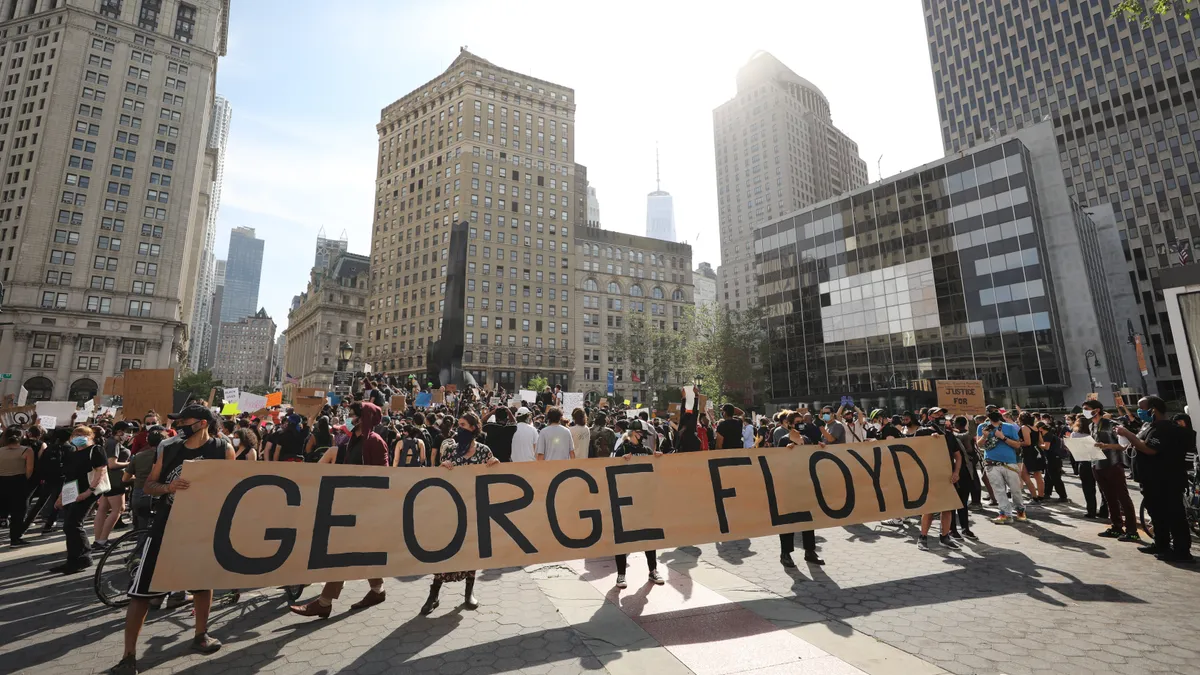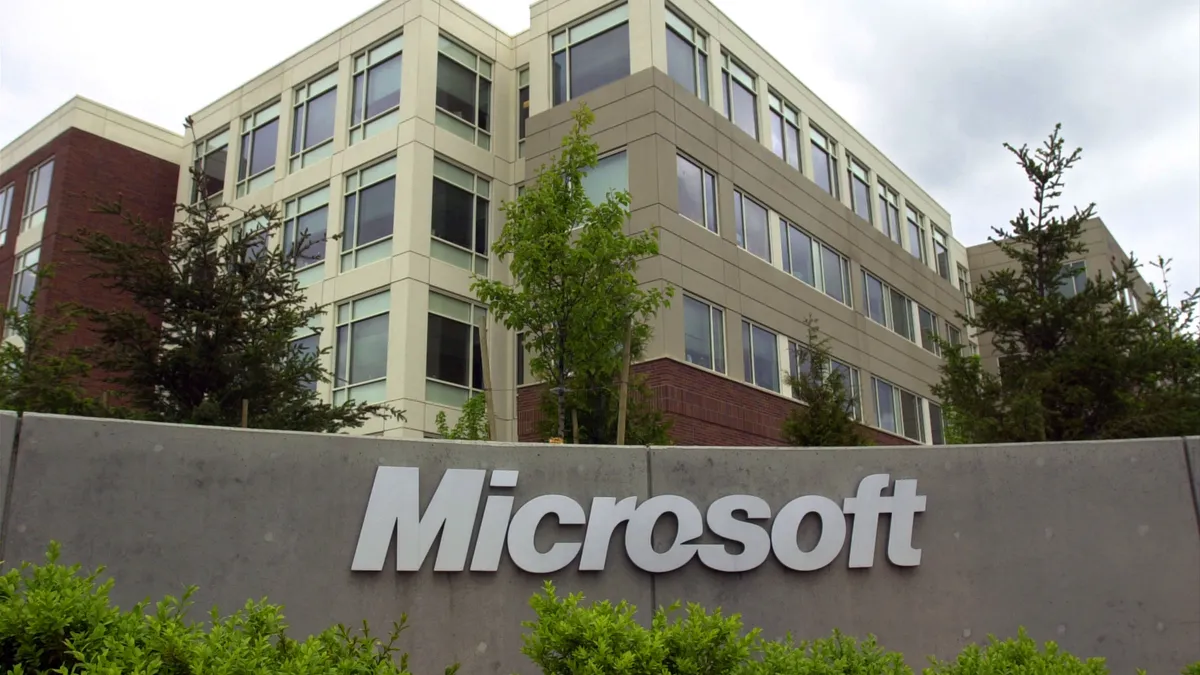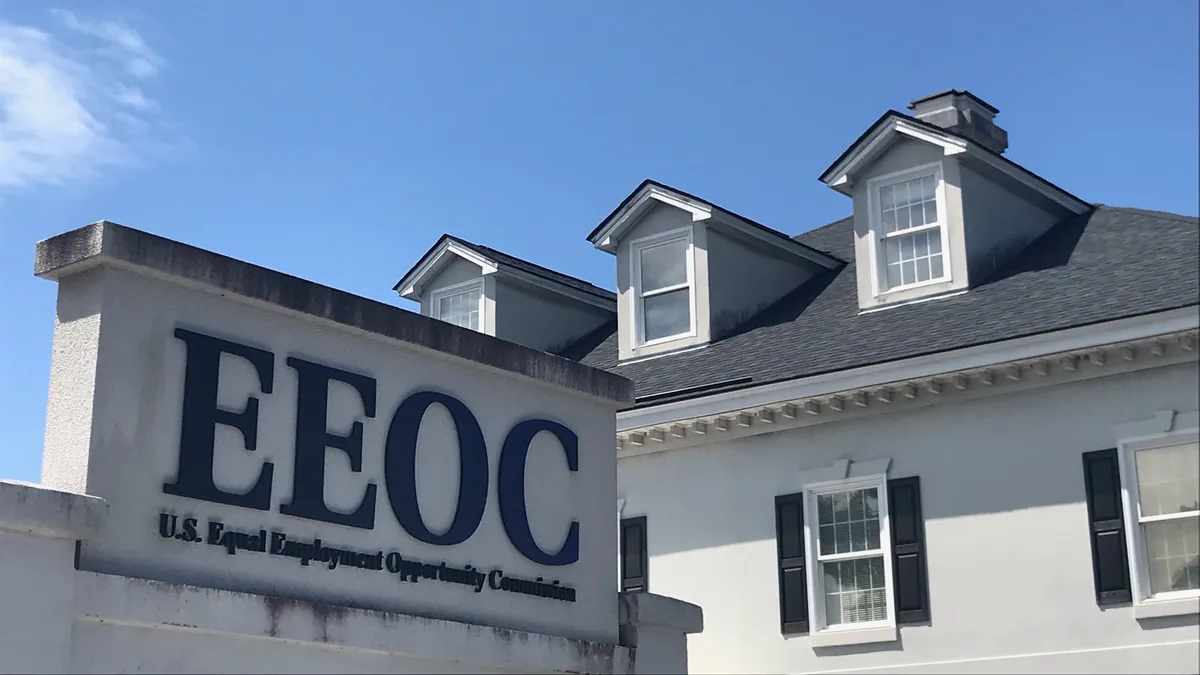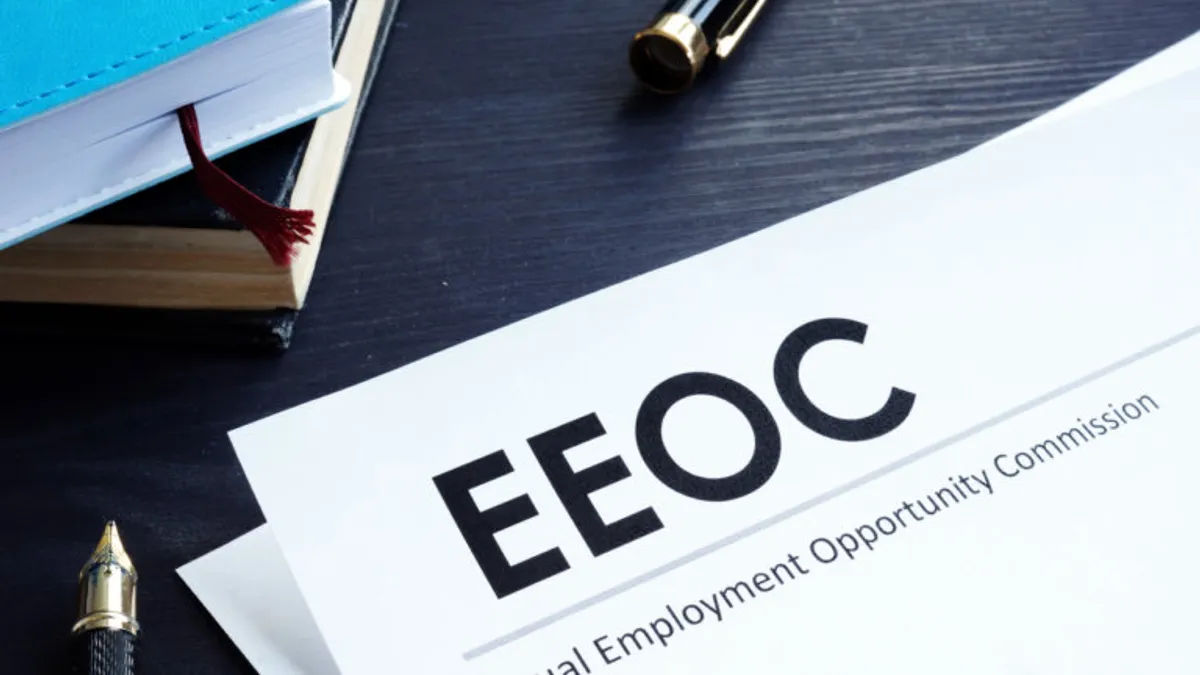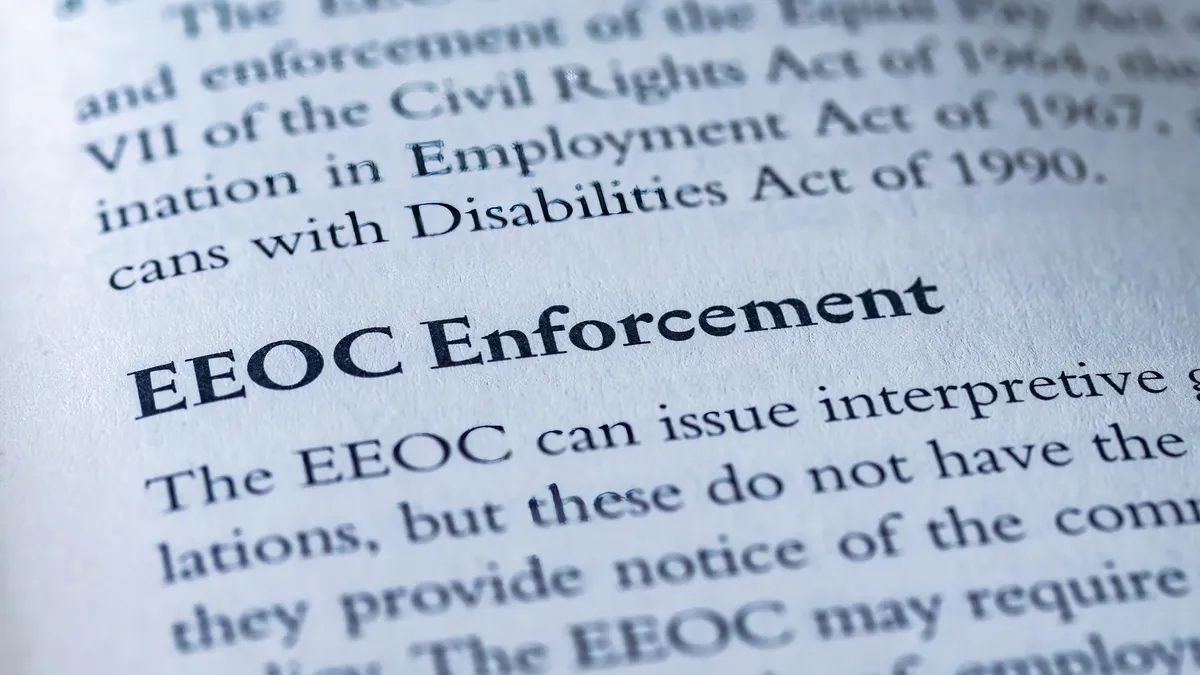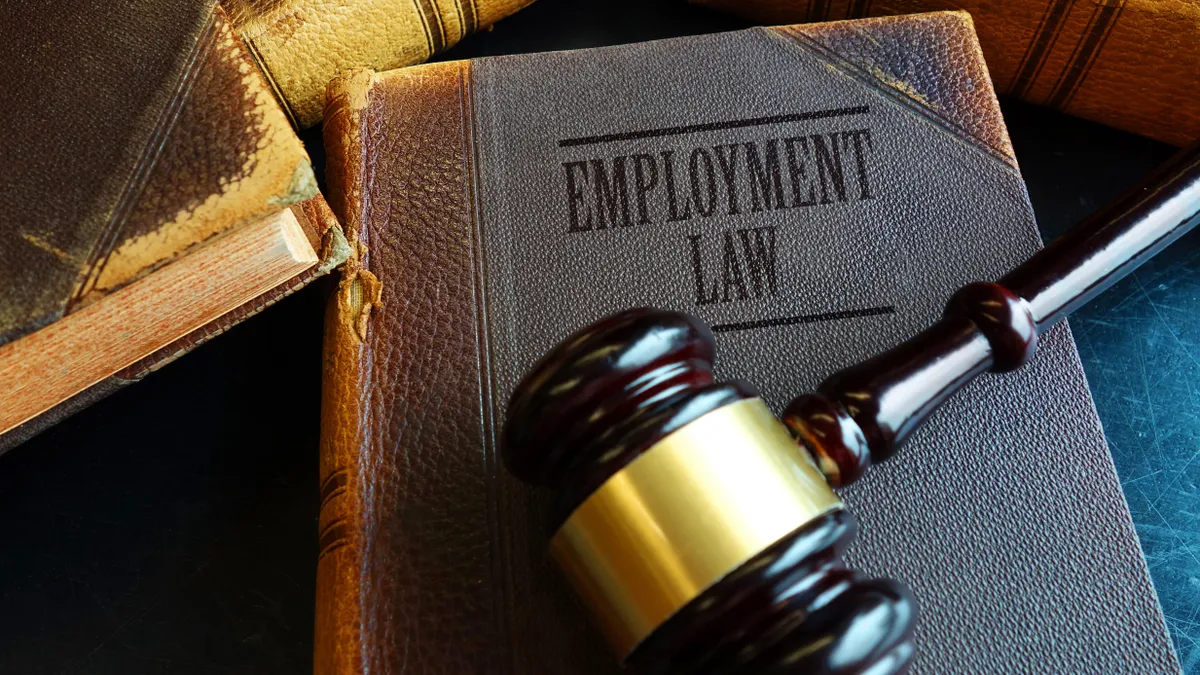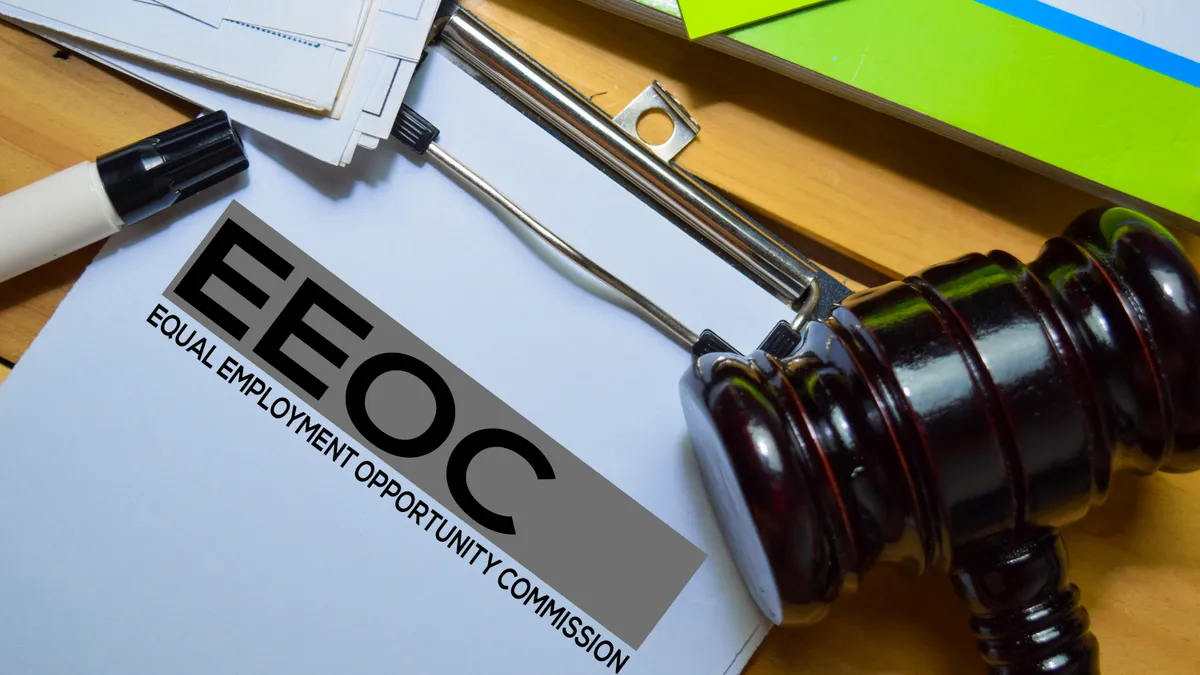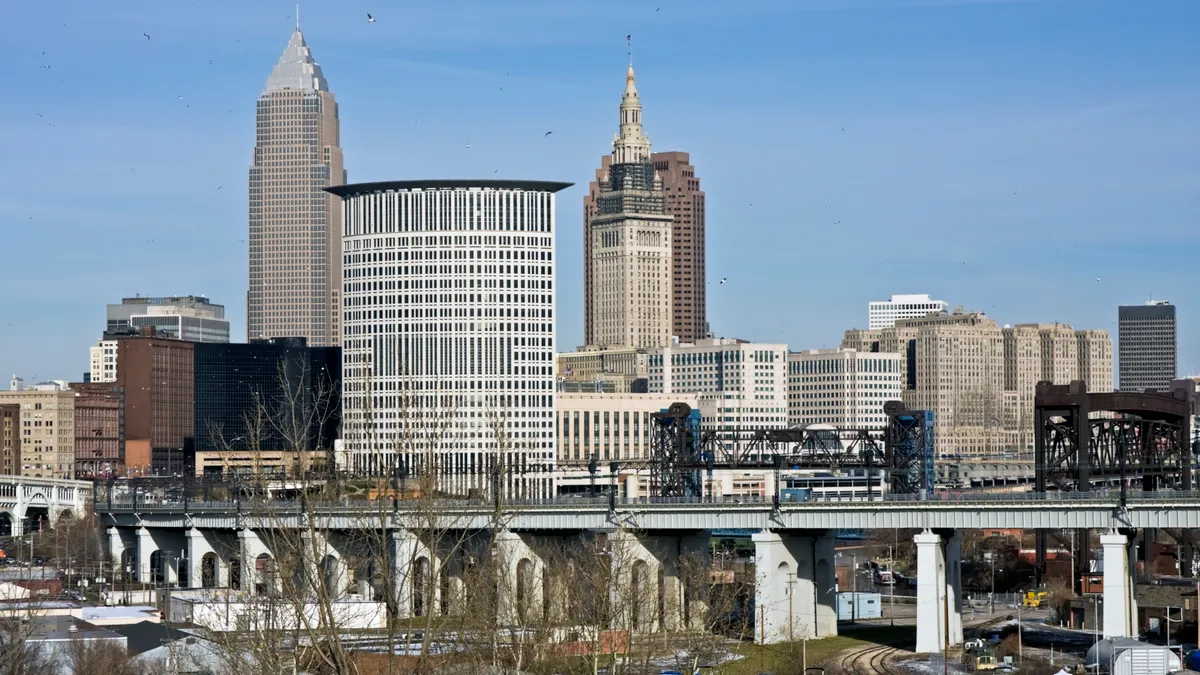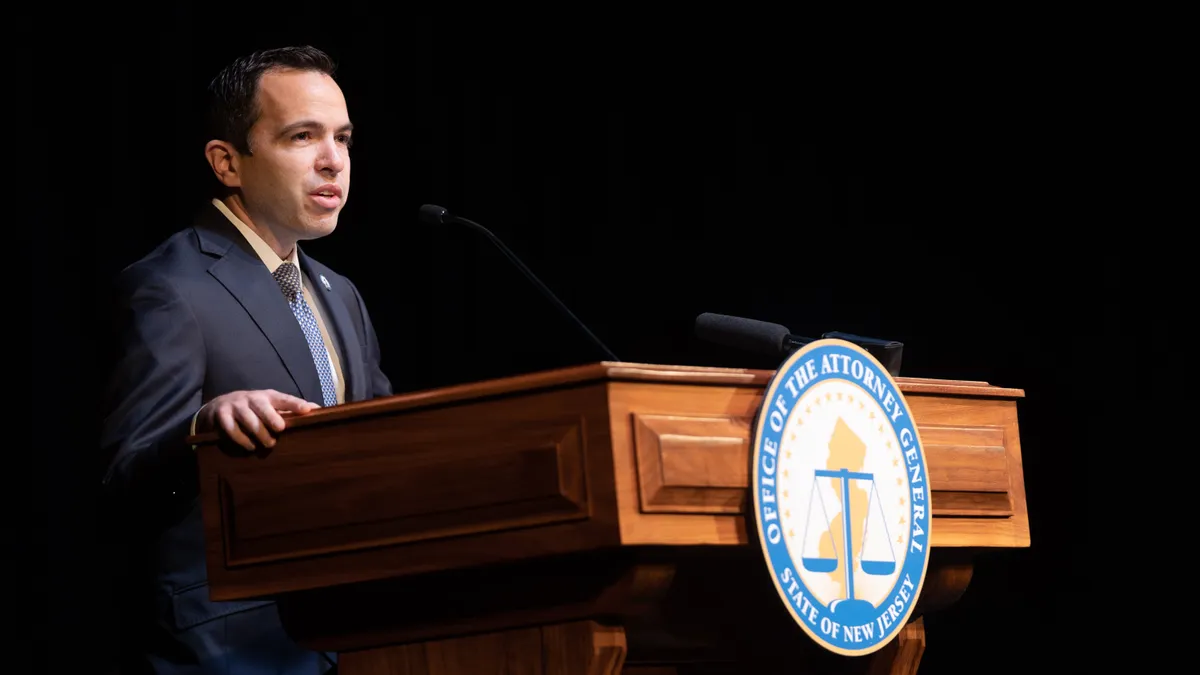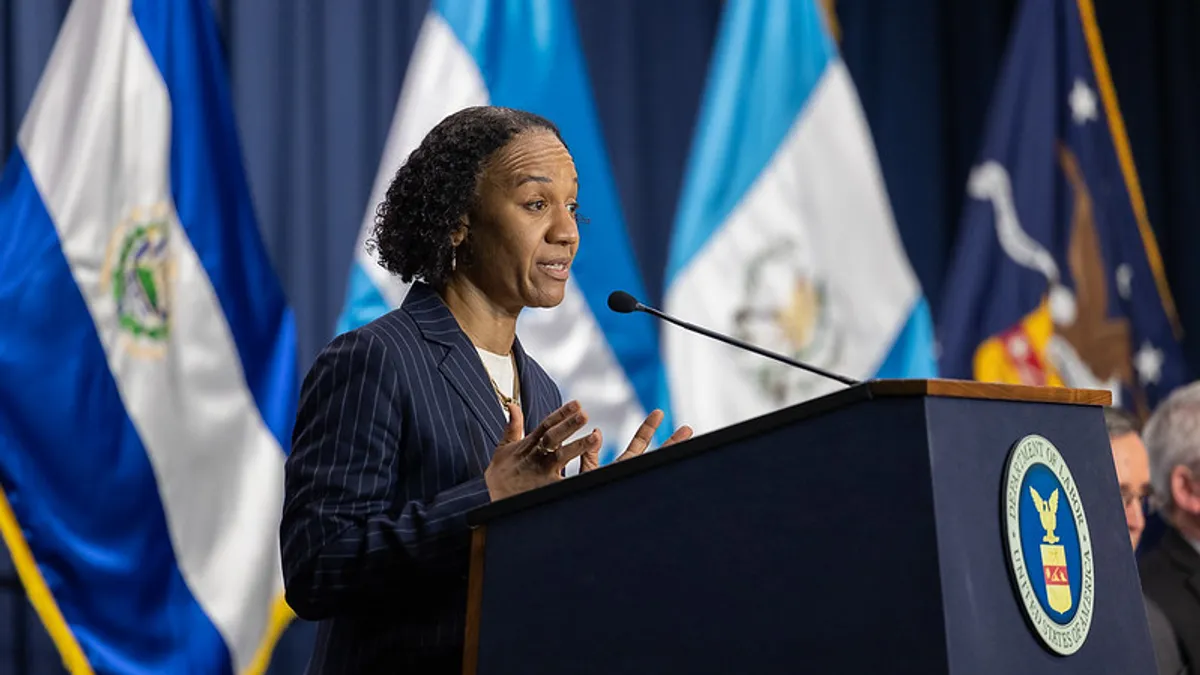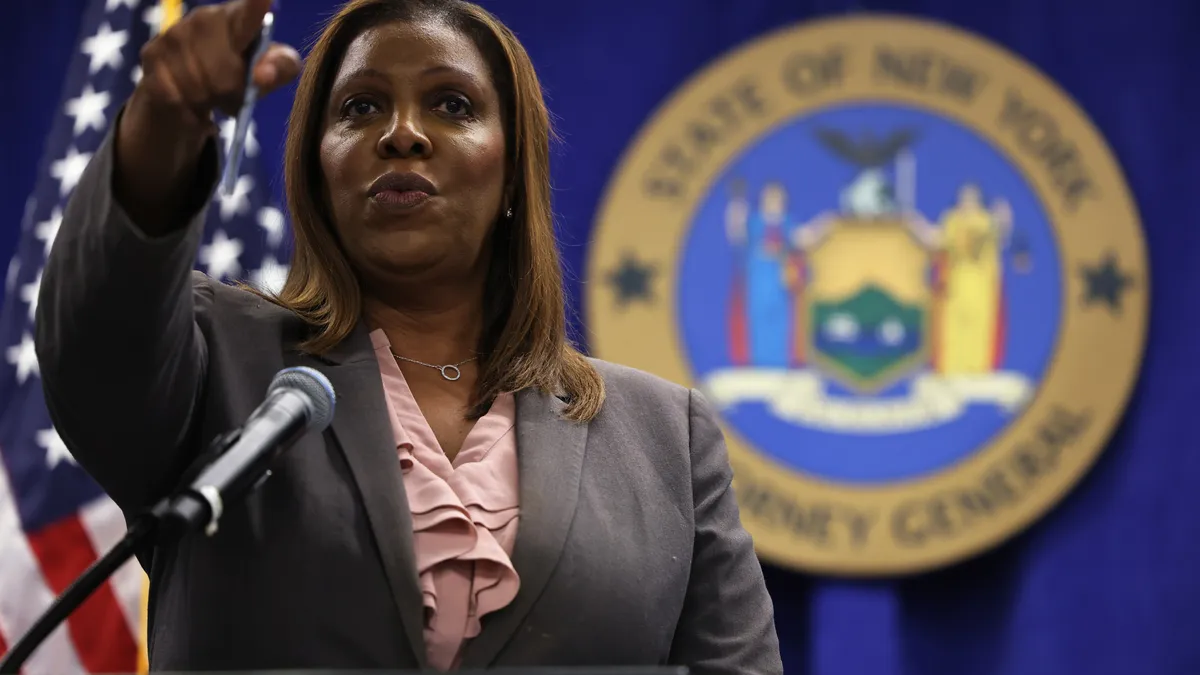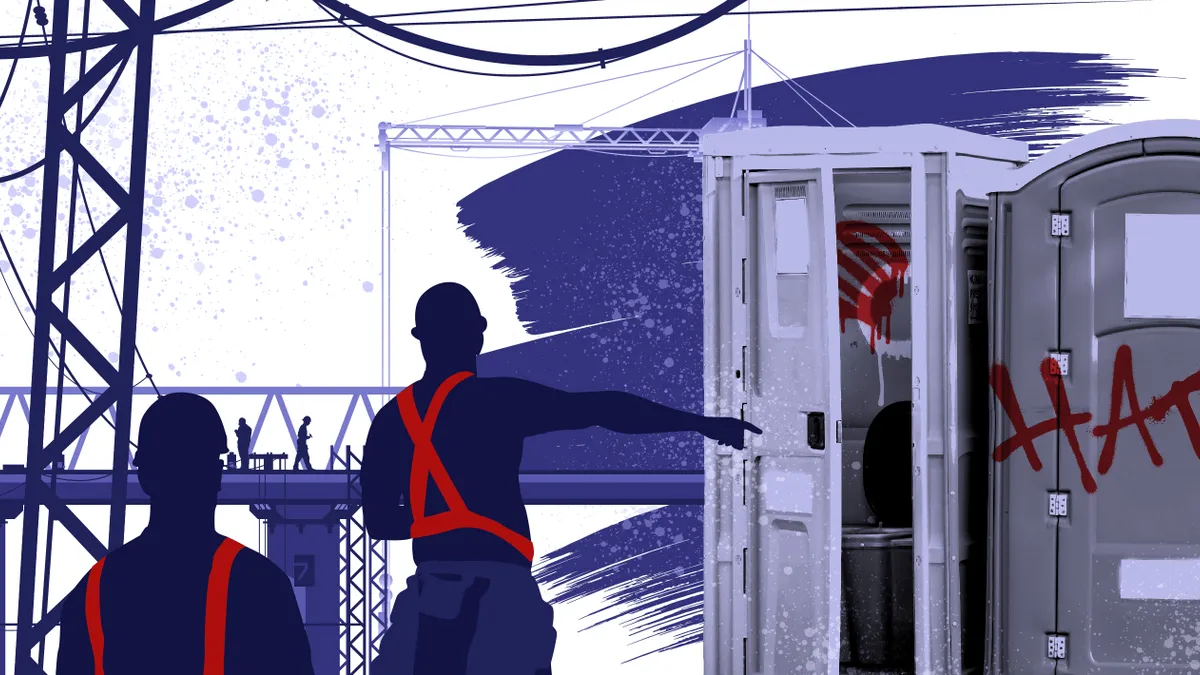If you're White and work in construction, Melvin Gravely II wants you to talk about race on your jobsite.
As the CEO of Cincinnati-based TriVersity Construction, a construction manager and general contractor with close to $100 million in annual revenue, he knows a little bit about the topic.
"If you've ever walked into a restaurant and it was all Black people and you thought, 'I'm in the wrong place,' that's how it feels when you're Black and walk onto a jobsite," Gravely said.
It was that feeling of being out of place — as well as an eye-opening racial equity training session he attended in 2019 — that led him to pen his latest book, "Dear White Friend: The Realities of Race, the Power of Relationships and Our Path to Equity."
Written in a frank but nonjudgmental tone that's both challenging and empathetic toward White people confronting race in 2021, this wonder of a book traces Gravely's path growing up in Canton, Ohio. It keys in on the natural inclination to take for granted what we inherited from those who came before us, while holding as exceptional the things we create during our own lifetimes.
It begins on the day in 1976 when Gravely embarked on an hour-long bus ride to attend Lehman Junior High School, which enrolled mostly White students, instead of the mostly Black school just 15 minutes from his home. It was an experience that gave him a rare view, for a Black kid at the time, into White life in America.
"We were coming to your school because apparently it was good, and our school was bad," he writes, addressing the White friends he made there and later in business, the friends this collection of 19 letters is addressed to. "It would not be the last time I received that not-so-subtle message."
The book itself then goes on to lay out a simple, if often irrefutable, hypothesis: That Black people and White people in America live under different social contracts.
That point was driven home to Gravely in the 2019 racial equity seminar he attended, when the leader framed his construct of race in America: "Whites on the top, Blacks on the bottom and everyone else in between."
The profundity of the phrase — one used throughout the book — floored Gravely; he spent the rest of the seminar processing it.
"What I didn't know about the systemic nature of racism embarrassed me," Gravely told Construction Dive. "So I started really digging and learning."
That's when the seed of this book was born. A self-described business junkie who originally came up as a salesman at IBM before investing in TriVersity in 2009, Gravely has written seven other titles focused on race in business and entrepreneurship.
A 'benefiting bystander'
The first collection of letters in "Dear White Friend" provides evidence and analogies, instead of accusations. Letter 4 is titled, "You are Not a Racist," while laying out simple examples of how even the most "woke" White people routinely benefit from racism, often unconsciously.
For example, Gravely points to today's homeownership rates tracked by the Census Bureau, where 74% of White people own their homes, compared to just 44% of Black people.
He argues the homeownership gap started during slavery, grew during the Jim Crow era and continued with the unequal application of the GI Bill after World War II.
The development of White-only suburbs, which were made possible by the construction of the interstate highway system that often displaced and blighted Black neighborhoods, further perpetuated it, he writes. Redlining practices by banks, which limited home insurance and mortgage lending in majority Black communities, were a final contributor.
"Racism is a system of laws, practices, norms and mores that assumes the interest of Whites is superior to all others," Gravely writes. "You are not a racist, my friend, but you are a benefiting bystander."
Equality vs. equity
In Letter 9, Gravely writes about the difference between equality and equity. He argues that while racial equality has been law since the civil rights movement of the 1960s, it hasn't been the reality.
Instead, he calls for racial equity by applying justice and common sense to a system that he says is still out of balance today. "Equity does not mean success is guaranteed; it does mean a person's race will not make it less available," he writes.
To illustrate how the America's history continues to tilt the playing field in White people's favor, Gravely employs an analogy to the game of Monopoly, with one caveat.
Everyone plays by the same rules, but some players start 45 minutes later than others. "Even though they enter with the same money, and they get $200 every time they pass go, it's impossible for them to catch up," Gravely told Construction Dive. "You can't call that equal."
His point, he said, is not to accuse White people of being racist, but instead to have them acknowledge that the inequity exists in the first place.
"When you take it to the individual level, people say, 'I didn't grow up privileged, I worked hard for everything I have,'" Gravely said. "But we have to be able to hold these two things true at the same time. You worked your butt off, and you earned everything you've got. And we have also had systems in place for over 400 years, oppressing and restraining opportunity for Black people legally and systematically. Those can both be true."
Gravely draws the parallel to the challenge of engaging with underrepresented firms in construction today, the topic of a recent supplier diversity panel during the inaugural Construction Inclusion Week.
"Now, they're in the game," Gravely said. "But they're in the game later, with fewer resources, when the majority of the resources are all bought up, and other construction companies have already got scale and built the relationships. It's harder for them to get a foothold, to grow and to scale."
Kudos, and a challenge, for Construction Inclusion Week
Gravely commended Construction Inclusion Week's six founding companies, especially Turner Construction, which took a stand by shutting down major projects in 2020 when nooses and other hate symbols showed up on site.
"That was bold of them in a lot of ways," Gravely said. "I think they got it right."
Like other CEOs though, including those who spearheaded CIW, Gravely pointed out that one week a year isn't enough.
"I like the idea, and it's a good step," he said. "If focusing on it for a week turns into key metrics, and those metrics turn into customers asking for it, and who gets promoted, and whether it's defined as a successful project, then I think it's great."
But TriVersity, which was founded by former Messer Construction CEO Pete Strange as a spinoff in 2005 before Gravely took the reigns in 2011, didn't make make a concerted effort to celebrate Construction Inclusion Week.
Gravely said that's because it was already something the firm focuses on every day; the firm's stated purpose is to prove that "a diverse and inclusive company like ours can compete with the best in the industry" while it lists "The power of diversity" as the first of its core values.
When asked why the industry has seen a number of hate incidents at jobsites over the last 18 months, Gravely said the atmosphere on construction sites often mirrors society at large.
"What happens on jobsites is a reflection of what's going on in our country," Gravely said. "We've gotten more divisive, and people feel more emboldened to express their divides. You see it in the workplace, and we happen to work in construction, so you see it at jobsites."
More important for Gravely is how those acts are dealt with when they occur, because workers naturally look to their supervisors for cues on how to react. "I truly believe that the people who work on site look up to leadership to see how they're behaving," Gravely said.
"The question is, how are the bosses responding to it? Who's getting reprimanded, who's getting fired, and who's getting rewarded for inclusion?" Gravely said. "Who's championing this topic? I just don't believe there's enough leaders who are saying, publicly, what they believe in."
What to do about it
In the final letters of "Dear White Friend," Gravely says that White people acknowledging the racial inequities that exist in America isn't enough; he says they must take action, specifically through reparations.
He tells the story of Civil War Maj. Gen. William Tecumseh Sherman, days after his march to the sea, issuing Special Field Order No. 15, which confiscated White-owned plantations to be redistributed to freed slaves following the North's victory. After Abraham Lincoln's assassination, though, the order was rescinded, and the wealth and equity gap between Whites and Blacks in America began to grow.
But last April, the House Judiciary Committee approved a bill to form a commission on slavery reparations. The concept isn't new, and has precedence in reparations made to Japanese Americans interned during World War II, Native Americas via the Indian Claims Commission and others.
"To be clear, when I say reparations, I mean direct payments of money to descendants of former enslaved Black people," Gravely writes. He even puts a number on it: $80,000 each for the estimated 30 million African Americans who would be eligible. "This $80,000 reparation payment would not close the median wealth gap of $24,100 for Blacks and $188,200 for Whites, but it would move it in a meaningful way," Gravely writes.
Beyond reparations, Gravely calls on business leaders — especially those in construction — to do what they can in their own sphere of influence. That includes making conscious efforts to hire more Black workers, while also doing the legwork to source materials and resources from Black-owned suppliers, another focus brought up during Construction Inclusion Week.
Most importantly, though, Gravely is asking them to at least have the conversation about race.
"Whatever people can commit to, I'll take it," Gravely said. "Whether they're learning more, are spending more money with Black companies, or are looking at hiring and promoting in different ways, I'm willing to walk with them on it, and I consider them a friend."








